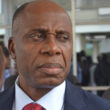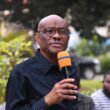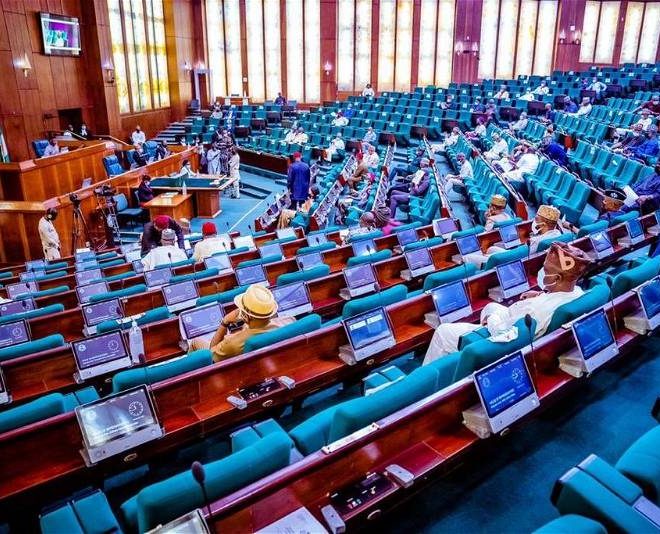The Nigerian House of Representatives has made significant progress in improving road safety, following the approval of a bill that seeks to establish a Road Safety Special Armed Squad. The bill passed its second reading on Thursday and is an amendment to the Federal Road Safety Commission (FRSC) Act of 2007.
The bill, co-sponsored by lawmakers Abiodun Adesida from Ondo State and Olaide Muhammed from Oyo State, both members of the All Progressives Congress (APC), aims to strengthen the FRSC’s ability to manage road safety effectively.
If passed into law, the proposed squad will help prevent and reduce road accidents across the country. According to the sponsors, having an armed squad will give the FRSC the authority to better enforce traffic regulations and improve safety on Nigeria’s roads.
Additionally, the bill seeks to provide benefits to FRSC personnel, particularly those holding the rank of Deputy Corps Marshal. These benefits include retirement packages, which lawmakers believe will increase motivation and morale among officers. The goal is to offer incentives to personnel, helping them perform their duties more efficiently.
The proposed amendments also grant the FRSC the authority to handle various road safety functions, such as traffic management, crash prevention, and public road supervision. The bill reads: “The commission will have the powers to clear obstructions on public roads and educate drivers, motorists, and the public on proper road use.”
Another key focus of the bill is the adoption of modern technology to enhance the operations of the FRSC. This includes using advanced enforcement systems, data platforms, and analytics for traffic management. The idea is to move away from physical checkpoints, which have been criticized for causing delays and, in some cases, encouraging corrupt practices.
Kano lawmaker Garba Ibrahim Muhammad, who supported the motion, highlighted the risks posed by the FRSC’s current use of physical checkpoints. He pointed out that these checkpoints often create traffic jams, especially during busy hours. Muhammad also raised concerns about reports of FRSC officers engaging in corruption at these checkpoints.
In addition, he criticized the practice of FRSC officials chasing vehicles at high speeds to enforce traffic laws, describing it as dangerous and inappropriate for a modern society. The House agreed that more effective methods of enforcement should be adopted, reducing the risk to both officers and the public.









